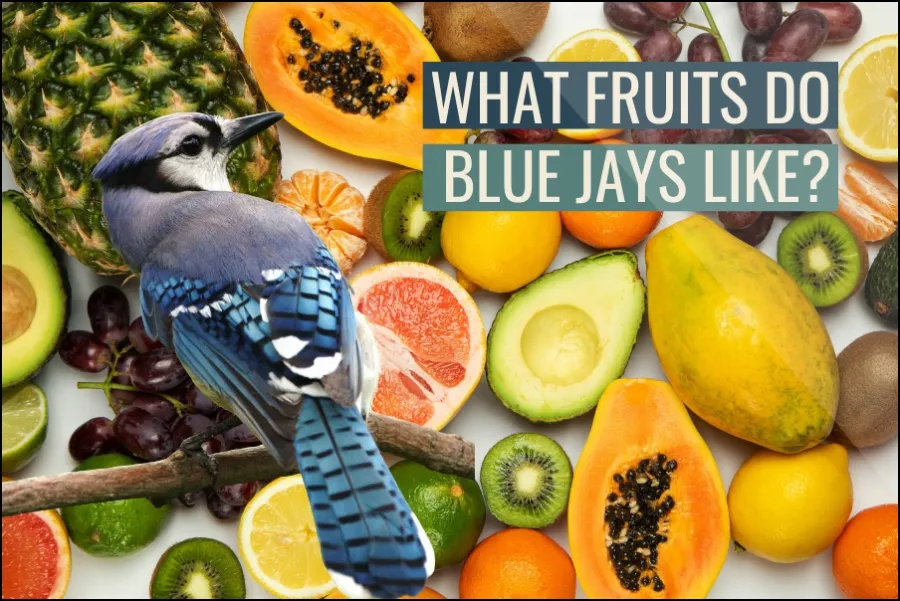
Blue jays are colorful and intelligent birds native to North America and known for their diverse diet. In this article, we will explore the top 11 fruits that blue jays like to eat the most.
Blue jays like to eat apricots, apples, berries, cherries, figs, grapes, melons, peaches, pears, persimmons, and plums. It’s important to provide the fruits in small shapes or even mashed so it doesn’t become hazardous.
Whether you are an experienced birdwatcher or just starting out, providing fruit for bluejays can be a fun and rewarding way to connect with nature and learn more about these fascinating birds. Let’s start with the list.
Cherries
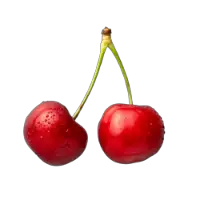
Blue jays are known to eat cherries, both sweet and sour varieties. They are attracted to the bright red color and sweet taste of cherries, and they may also eat the pits if they are small enough. Cherries are a good source of vitamins and minerals, including vitamin C, potassium, and antioxidants. They can be offered to blue jays fresh or dried, and they may be provided directly or in a fruit feeder.
Berries
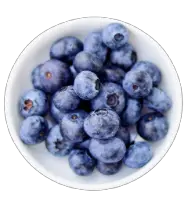
Blue jays are also known to eat a variety of berries, including blackberries, raspberries, and strawberries. They are attracted to the sweet taste and bright colors of these fruits, and they may eat them fresh or cache them for later use. Berries are a good source of vitamins and minerals, including vitamin C, fiber, and antioxidants. They can be offered to blue jays fresh or frozen, and they may be provided directly or in a fruit feeder.
Apples
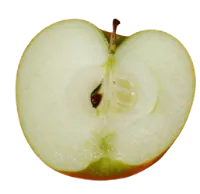
Blue jays are known to eat apples, both fresh and fallen from trees. They are attracted to the sweet taste and crunchy texture of apples, and they may also eat the seeds if they are small enough. Apples are a good source of vitamins and minerals, including vitamin C, potassium, and fiber. They can be offered to blue jays fresh or dried, and they may be provided directly or in a fruit feeder.
Grapes

Blue jays are known to eat grapes, both fresh and dried. They are attracted to the sweet taste and juicy texture of grapes, and they may eat them whole or pick out the seeds. Grapes are a good source of vitamins and minerals, including vitamin C, potassium, and antioxidants. They can be offered to blue jays fresh or dried, and they may be provided directly or in a fruit feeder.
Did you know I have written an article on other foods blue jays eat, and give tips on how you serve it to them?
Plums
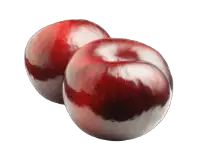
Blue jays are also known to eat plums, both sweet and sour varieties. They are attracted to the sweet taste and soft texture of plums, and they may eat them whole or pick out the seeds. Plums are a good source of vitamins and minerals, including vitamin C, potassium, and fiber. They can be offered to blue jays fresh or dried, and they may be provided directly or in a fruit feeder.
Pears
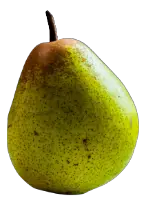
Blue jays are known to eat pears, both fresh and fallen from trees. They are attracted to the sweet taste and crunchy texture of pears, and they may also eat the seeds if they are small enough. Pears are a good source of vitamins and minerals, including vitamin C, potassium, and fiber. They can be offered to blue jays fresh or dried, and they may be provided directly or in a fruit feeder.
Peaches
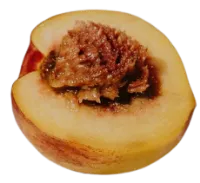
Blue jays are also known to eat peaches, both fresh and dried. They are attracted to the sweet taste and juicy texture of peaches, and they it would be best if you cut it up I smaller pieces and remove the pit. Peaches are a good source of vitamins and minerals, including vitamin C, potassium, and antioxidants. They can be offered to blue jays fresh or dried, and they may be provided directly or in a fruit feeder.
Apricots
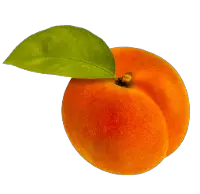
Blue jays are known to eat apricots, both fresh and dried. They are attracted to the sweet taste and soft texture of apricots. Cut them up in smaller sizes and don’t forget to remove the pit. Apricots are a good source of vitamins and minerals, including vitamin C, potassium, and fiber. They can be offered to blue jays fresh or dried, and they may be provided directly or in a fruit feeder.
Persimmons
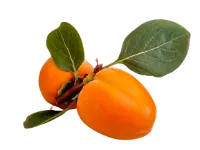
Blue jays are also known to eat persimmons, both sweet and sour varieties. They are attracted to the sweet taste and soft texture of persimmons, and they may eat them whole or pick out the seeds. Persimmons are a good source of vitamins and minerals, including vitamin C, potassium, and fiber. They can be offered to blue jays fresh or dried, and they may be provided directly or in a fruit feeder.
Figs
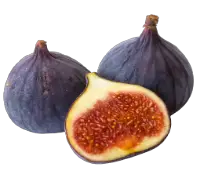
Blue jays are known to eat figs, both fresh and dried. They are attracted to the sweet taste and soft texture of figs, and they may eat them whole or pick out the seeds. Figs are a good source of vitamins and minerals, including vitamin C, potassium, and fiber. They can be offered to blue jays fresh or dried, and they may be provided directly or in a fruit feeder.
Melons
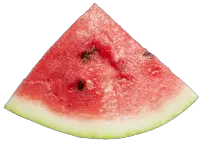
Blue jays are known to eat melons, including watermelons, cantaloupes, and honeydews. They are attracted to the sweet taste and juicy texture of melons, and they may eat them whole or pick out the seeds. Melons are a good source of vitamins and minerals, including vitamin C, potassium, and antioxidants. They can be offered to blue jays fresh or dried, and they may be provided directly or in a fruit feeder.
In conclusion
Blue jays are colorful and intelligent birds that are native to North America and known for their diverse diet. In this article, we explored the top 11 fruits that blue jays like to eat the most, including apricots, apples, berries, cherries, figs, grapes, melons, peaches, pears, persimmons, and plums. It’s important to provide these fruits in small shapes or even mashed so they don’t become hazardous. Providing fruit for blue jays can be a fun and rewarding way to connect with nature and learn more about these fascinating birds. Cherries, berries, and apples are all good sources of vitamins and minerals, including vitamin C, potassium, and fiber. Grapes, plums, and pears are also high in these nutrients, as well as antioxidants. Peaches, apricots, persimmons, and melons are all good sources of vitamin C and potassium, and they also contain antioxidants. It’s important to keep fruit fresh and clean when offering it to blue jays, as rotten or moldy fruit can be harmful to the birds. Fruit can be offered to blue jays fresh, frozen, or dried, and it can be provided directly or in a fruit feeder. Besides fruits, bluejays also like to eat insects and vertebrates. For winter, bluejays usually start caching. Read my article about how you can help bluejays caching.
